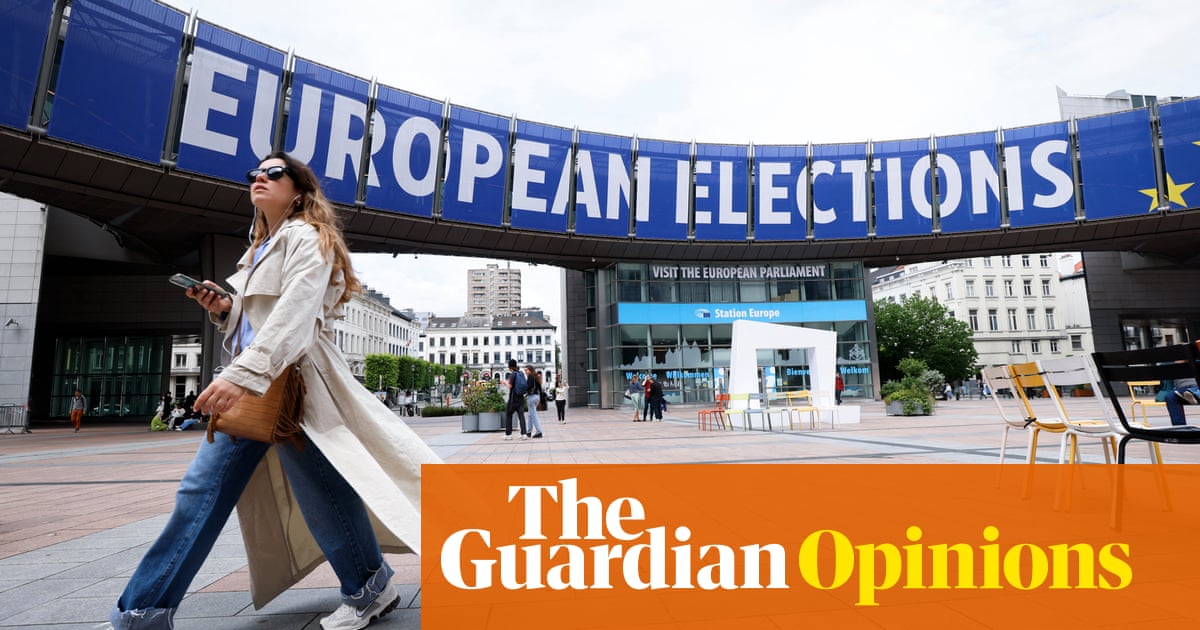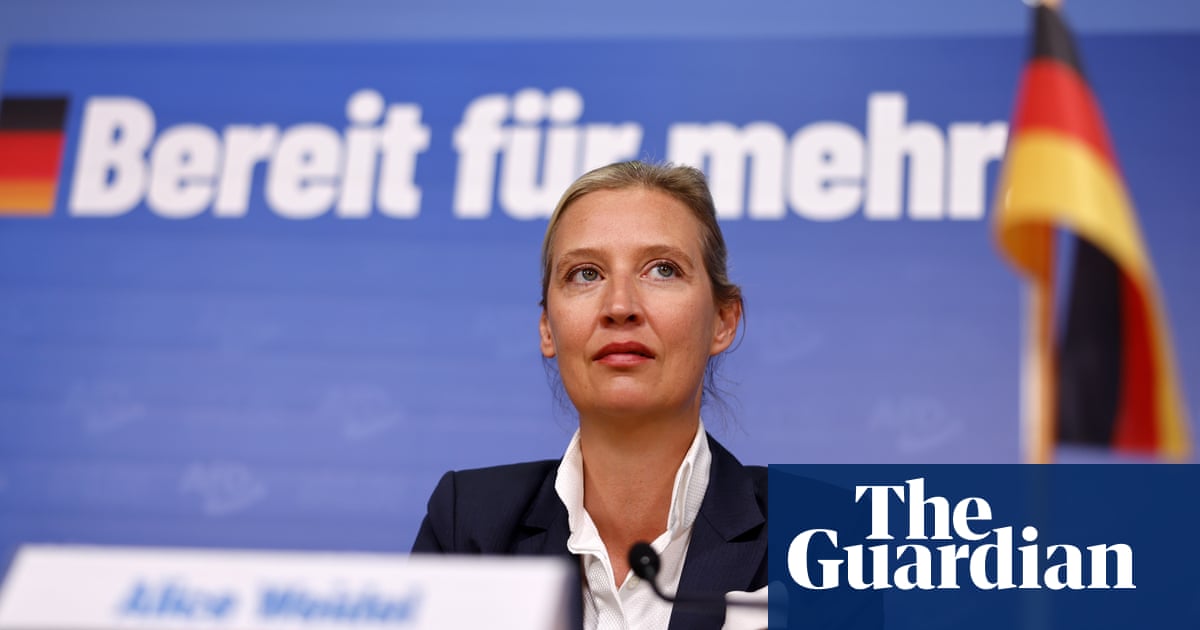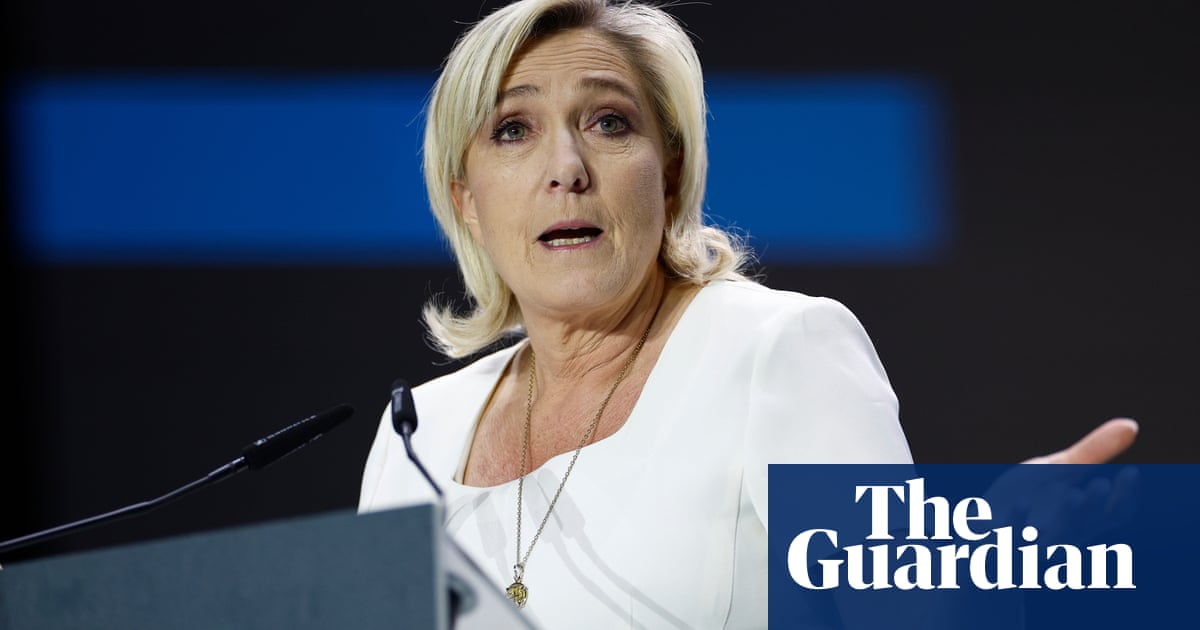
The June 9 European Parliament elections saw a significant shift in European politics, which is likely to have a lasting impact on the future of the EU.
Far-right parties emerged as the leading force in five EU member states — France, Italy, Belgium, Austria and Hungary — and also improved their electoral performance in key countries such as Germany and the Netherlands.
With 180 seats secured, conservative and populist far-right parties, though still a minority and internally divided, will now wield considerable influence in the European Parliament.
Already in power in Hungary, Italy and the Netherlands, far-right movements are gaining momentum across Europe. Despite their diverse backgrounds and ideologies, these political groups share three core beliefs:
First is a nativist, ethnic-based concept of national identity. This vision of national identity is confined to an organic bond within a homogeneous blood community.
Second is a strong culturalist notion of the nation. They view their nations as an ahistorical civilizational entity to be protected from external influences, leading to anti-immigration policies and widespread Islamophobia.
Third is a radical sovereigntism that challenges the rule of law and independent institutions. American political scientist Fareed Zakaria has dubbed these far-right regimes “illiberal democracies,” noting their disconnection between formal electoral mechanisms and the liberal values underpinning pluralistic, open democracy.
Already in power in Hungary, Italy and the Netherlands, far-right movements are gaining momentum across Europe
Seyid Ould Abah
It is crucial to distinguish the far-right movement from the liberal conservative parties that once formed a solid component of Western democracies. These parties were characterized by skepticism toward progressivism, attachment to traditional religious values and adherence to order and authority, yet they upheld basic liberal principles (private and civil liberties, equal citizenship, separation of powers).
The rise of the far-right can be attributed to several key factors, including the new political landscape of contemporary democracies, breaking away from the binary division of right and left from the First Industrial Revolution, the erosion of the working class, the multilateralist challenge faced by European societies amid massive immigration, and reactions to globalization.
Sociologists and political scientists have explored and analyzed these phenomena, but this does not diminish the significance of the recent electoral event that has shaken EU countries.
This event occurred in a volatile context, marked by the ongoing Ukraine war, intense confrontations with emerging global powers and uncertainty in Euro-American relations as Donald Trump eyes a potential return to the White House.
Some researchers view these trends as signaling the “decline” or “defeat” of the West (Michel Onfray, Emmanuel Todd) and the end of European global hegemony (Bertrand Badie).
The far right, with its euroskeptic and sovereigntist stance, fails to provide credible solutions to Europe’s pressing challenges. It mirrors a genuine social and political unease, manifesting in tangible changes, yet it lacks the conceptual tools and practical mechanisms needed to address the continent’s multifaceted crisis.
French writer Paul Valery famously remarked in 1919: “We modern civilizations have learned to recognize that we are mortal like the others.” This phrase, uttered during the grim aftermath of the First World War, resonates strongly today. Europeans, who once held the status of the “conscience of humanity” and led the world, now find themselves in the modest position of “spectators of history,” as German philosopher Peter Sloterdijk put it. As Europe grapples with its diminished global role, the rise of the radical right appears more a symptom of historical regression than a path forward for the continent.
Seyid Ould Abah is a professor of philosophy and social sciences at the University of Nouakchott, Mauritania, and a columnist in several media outlets. He is the author of several books on philosophy and political and strategic thought. X: @seyidbah











